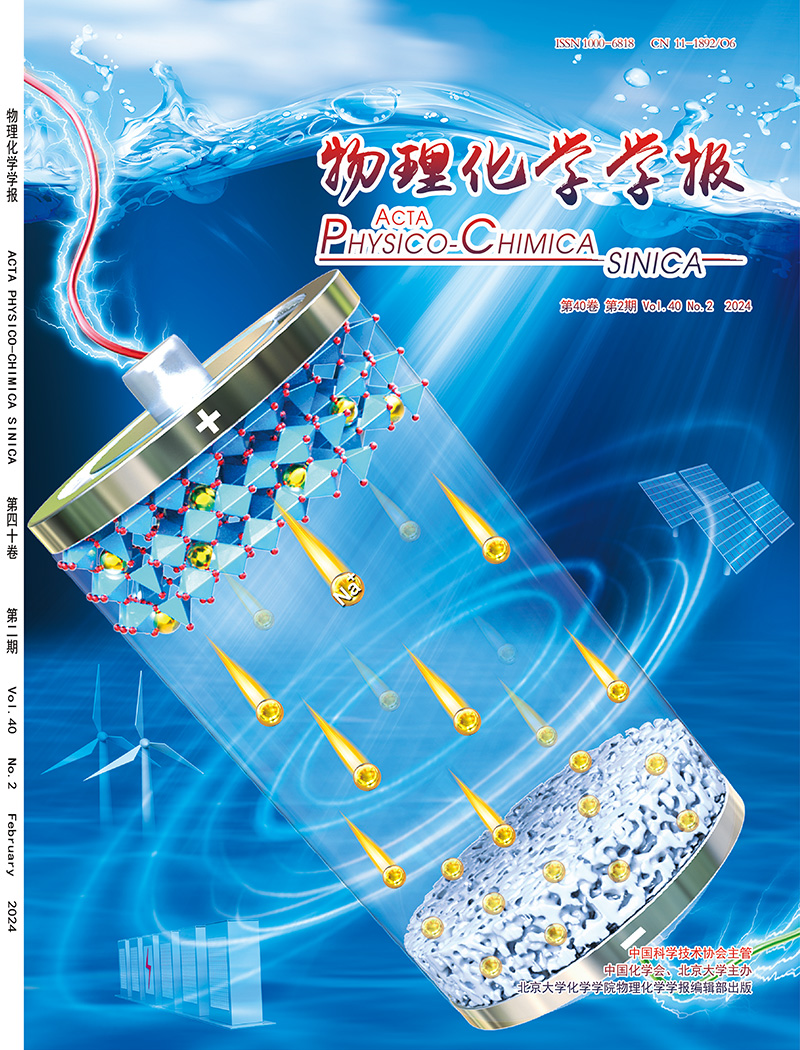Research progress on carbon-based catalysts for catalytic dehydrogenation of liquid organic hydrogen carriers
IF 13.5
2区 化学
Q1 CHEMISTRY, PHYSICAL
引用次数: 0
Abstract
Hydrogen energy is a widely available, flexible and efficient secondary energy source, and it is also an important energy medium. The development of low-cost, high-density hydrogen storage technology is a significant issue for the industrial application of hydrogen energy. Liquid organic hydrogen storage has attracted extensive attention due to advantages such as high mass hydrogen storage density, safe storage and transportation, as well as ease of long-distance transportation. However, compared with the relatively mature hydrogenation process, the dehydrogenation of liquid organic hydrogen carriers (LOHCs) still suffers from high reaction temperature and low efficiency. The key to solving these problems is the development of efficient dehydrogenation catalysts. In recent years, carbon-based catalysts have shown excellent reaction performance in the dehydrogenation of LOHCs due to their advantages of high dispersion of active components, tunable composition structure and surface physicochemical properties, and outstanding electrical and thermal conductivity, etc. In this review, we initially analyze the thermodynamics and kinetics of dehydrogenation, as well as the physicochemical properties of LOHCs, including cyclohexane, methylcyclohexane, decalin, and perhydro-N-ethylcarbazole. The special features of carbon supports are then outlined in terms of the activated carbon, carbon nanotubes, carbon fibers, and reduced graphene oxide. In addition, the structural characteristics, catalytic performance, structure-property relationship, and dehydrogenation mechanism of carbon-supported metal catalysts are summarized and analyzed. Based on this, we point out the main challenges of liquid organic hydrogen storage. Furthermore, future opportunities in this field are envisioned, with an emphasis on the modification and structuration of carbon support, the study of catalytic mechanisms and chemical process intensification.

有机液体氢载体催化脱氢碳基催化剂的研究进展
氢能是一种广泛应用、灵活高效的二次能源,也是一种重要的能源介质。开发低成本、高密度的储氢技术是氢能产业化应用的重要课题。液态有机氢因其储氢质量密度大、储运安全、便于长途运输等优点而受到广泛关注。然而,与较为成熟的加氢工艺相比,液态有机氢载体(lohc)的脱氢工艺仍存在反应温度高、效率低的问题。解决这些问题的关键是开发高效脱氢催化剂。近年来,碳基催化剂由于具有活性组分分散性高、组成结构和表面物理化学性质可调以及优异的导电性和导热性等优点,在lohc脱氢反应中表现出优异的反应性能。本文首先分析了环己烷、甲基环己烷、十氢化萘和过氢n -乙基咔唑等lohc的脱氢热力学和动力学,以及它们的理化性质。然后根据活性炭、碳纳米管、碳纤维和还原氧化石墨烯概述了碳支架的特殊功能。此外,对碳载金属催化剂的结构特点、催化性能、构效关系及脱氢机理进行了总结和分析。在此基础上,指出了液态有机氢存储面临的主要挑战。此外,展望了该领域的未来机会,重点是碳载体的改性和结构,催化机制和化学过程强化的研究。
本文章由计算机程序翻译,如有差异,请以英文原文为准。
求助全文
约1分钟内获得全文
求助全文

 求助内容:
求助内容: 应助结果提醒方式:
应助结果提醒方式:


